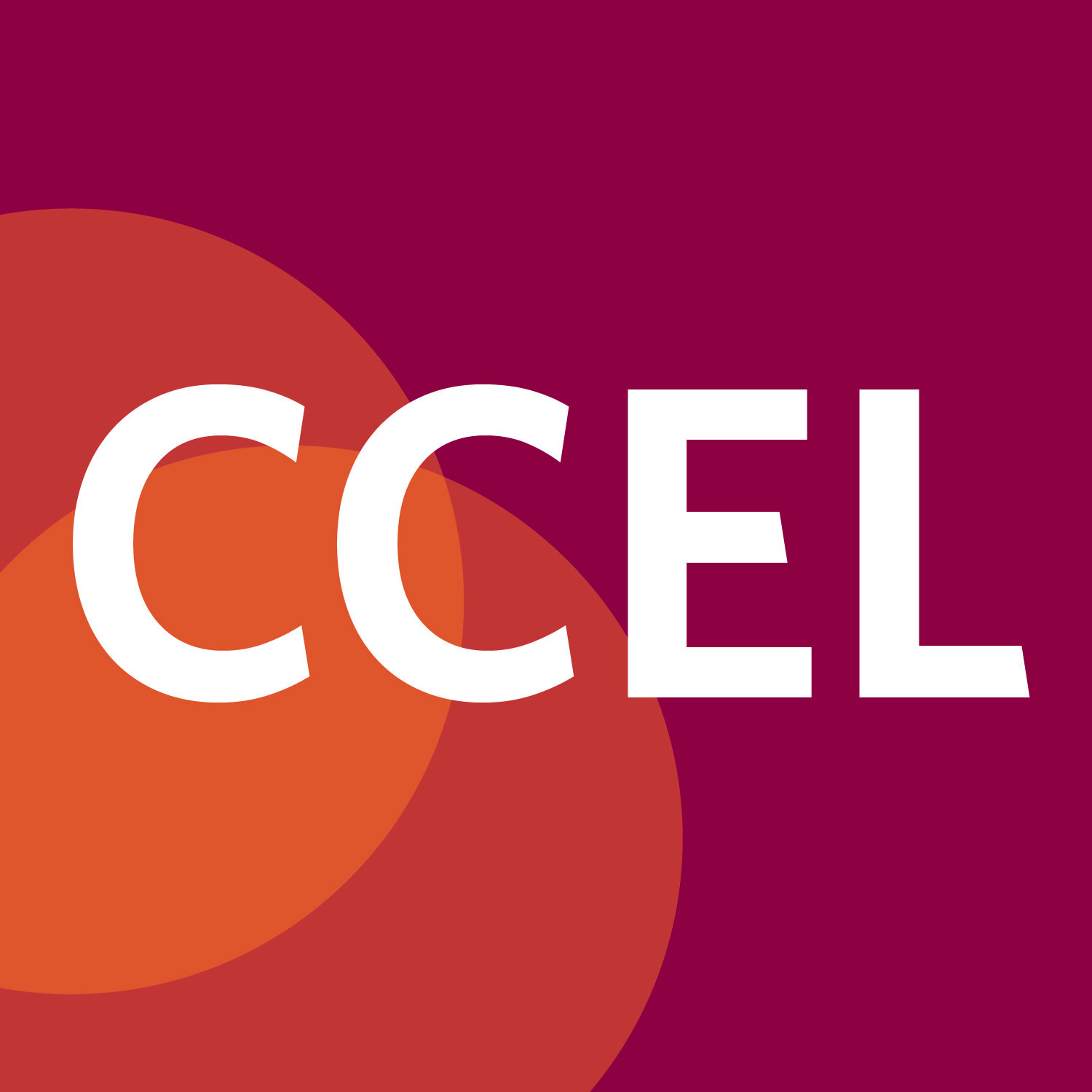An “Honoring our Students of Color in the Classroom” Three-Part Series Event
The faculty-student relationship is key to student success and retention. With this in mind, in January 2021, the beginnings of a collective, cross-departmental effort to face institutional racism culminated in a three-part series for faculty interested in delivering high impact best-practices for creating a more equitable classroom environment for our students of color.
"Removing Unintentional Barriers to Student Success: A Panel Discussion
The impetus for creating this three-part series was to address the student experience with unconscious bias in the classroom. In the Summer of 2020, at the height of protests against police brutality resulting in George Floyd and Brionna Taylor’s deaths, college students nationwide launched social media campaigns revealing disturbing trends of institutional racism.
The Center for Community Engaged Learning hosted a panel discussion of esteemed Fordham deans reflecting on actual experiences and the impact on our BIPOC (Black, Indigenous, and People of Color) community.
“Beyond the Pronouns”
“Beyond the Pronouns” sought to cultivate faculty/student relationships, a critical factor in student success and retention. This workshop provided a broader understanding of how LGBTQ+ inclusion in the classroom can significantly impact one's sense of belonging, especially for Queer BIPOC students who have to navigate intersectional forms of oppression. This interactive workshop uses personal experience sharing, videos, and break-out rooms for small group discussions and reflection.
“Putting Cura Personalis into Action for BIPOC Students, A Faculty Workshop”
This workshop focused on social media and the student experience. It provided a space for faculty to reflect on qualitative and quantitative data from IG pages "Let’s Talk About it Fordham" and "Black at Fordham" as a close contextual analysis and the story the data tells. This workshop attempted to define the student experience by examining student campaigns against racism in colleges and universities nationwide. Faculty received best practices for navigating difficult conversations and creating more inclusive classroom space.
